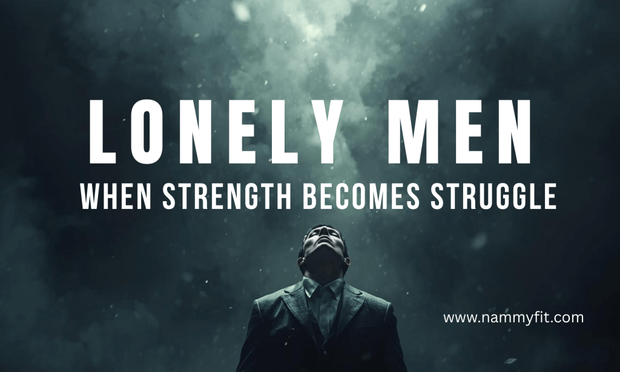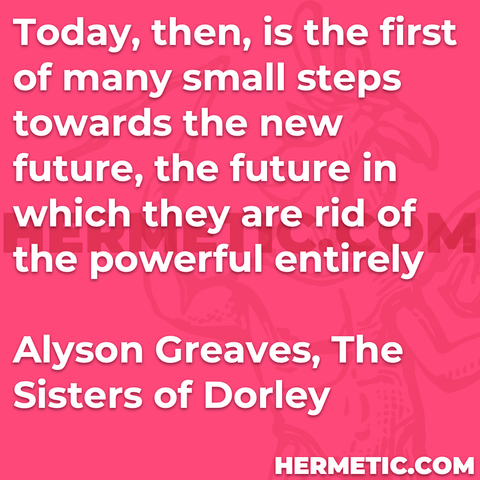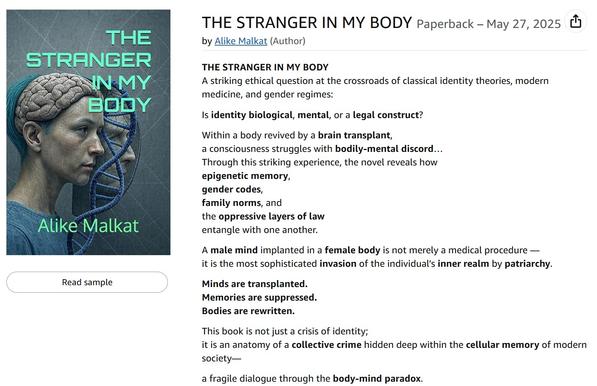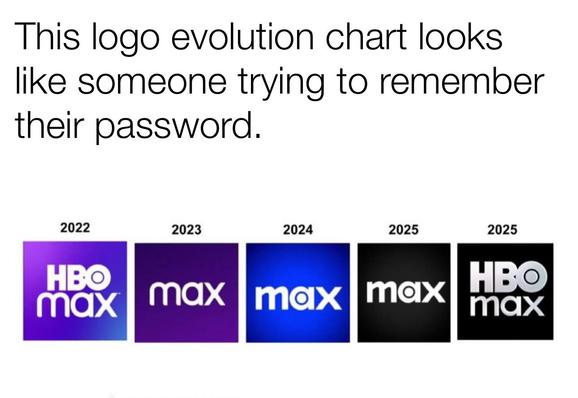The Loneliness of Men: When Strength Becomes Struggle
We often speak of male toxicity as a women’s issue, and it is, deeply. But there’s another truth that rarely makes headlines: the same culture that teaches men to dominate also teaches them to suffer in silence. The same system that devalues women’s emotions denies men their own.
Behind the facade of strength, many men are collapsing. They just don’t know how to ask for help.
The quiet epidemic
There’s a silent epidemic unfolding around us, and it isn’t a virus or an economic downturn. It’s the growing loneliness of men.
For generations, men were raised to believe that strength meant self-containment. That showing emotion was weakness. That love must be earned, never requested. But in a world where women are no longer willing to mother their partners, and relationships demand emotional maturity, this old definition of manhood has turned into a curse.
Men have long tied their sense of worth to being protectors and providers. When they lose a partner, marriage, or the daily reinforcement of family roles, many feel stripped of purpose. What follows is often quiet shame, isolation, and social withdrawal. Control and social acceptance matter more than emotional connection because, for them, power feels safer than vulnerability.
Across cities, from Bengaluru to Boston, men are lonely, deeply, chronically, and silently. They have careers, cars, dating apps, and gym memberships. Yet, when night falls, they have no one to come home to.
The collapse of connection
Studies have begun calling it what it is: a loneliness epidemic.
A 2023 report by the Harvard Study of Adult Development found that men in their 30s and 40s are far less likely than women to maintain deep friendships. The same pattern repeats in India, where male friendships often revolve around alcohol, work, or shared complaints, never vulnerability. Surveys show that men are significantly less likely to seek therapy, counselling, admit depression, or confide in peers.
The data is grim too. According to a report
- 40% men meet the screening standards for depressive symptoms
- 44% experience suicidal ideation
- Men are nearly four times more likely than women to commit suicide, accounting for nearly 80% of all suicides
- 15% of men claim that they have no close friends
This data only underscores a painful truth, most men don’t have the language for loneliness. They are fluent in distraction, not dialogue. They cope with silence through screens, casual sex, or aggression, anything to numb the ache.
But loneliness doesn’t vanish when ignored; it mutates. It becomes irritability, anxiety, addiction, control. It shows up as cruelty toward others or self-destruction toward oneself. The men who seem most in control often carry the deepest emotional decay underneath.
Women are choosing peace
For decades, women were taught to absorb male dysfunction, to understand, forgive, and manage. But that era is ending. More women are choosing peace over chaos.
When women walk away from toxic partners, they don’t just leave a relationship, they strip these men of their only claim to significance. Without control, family, or a partner to dominate, many men confront an identity crisis they were never taught to survive.
In India, divorce petitions filed by women have risen sharply over the past decade. In many Indian cities, lawyers report a growing trend: women leaving not for infidelity, but for emotional neglect. They are done being therapists in disguise.
A marriage or relationship that drains your energy, triggers anxiety, and forces you to constantly prove your worth is no longer seen as sacred, it’s seen as unhealthy.
This shift is shaking the foundations of traditional masculinity. Men who grew up believing that love meant obedience and permanence now face rejection not as punishment, but as consequence. And most don’t know how to handle it.
The unspoken trauma of rejection
Rejection has become one of the most destabilizing forces in modern male psychology.
When women leave, many men don’t process it as loss, they experience it as humiliation. Conditioned to see themselves as protectors and providers, they interpret women’s independence as betrayal.
That’s why heartbreak among men so often turns into rage or withdrawal. The inability to sit with pain, to name it, to feel it, becomes the breeding ground for violence, self-harm, or depression.
In India, NCRB data consistently shows that men account for nearly 70% of suicides each year. Many of these are driven by relationship failure, unemployment, or family conflict. But at the core lies emotional illiteracy, the inability to regulate pain without collapsing into despair.
We don’t teach boys to be rejected with dignity. We teach them to win, or to disappear.
The new masculine crisis
We are living through a social transformation where women are learning to heal, while men refuse to grow. Women are investing in therapy, boundaries, and community. Men, meanwhile, are defending a version of masculinity that no longer fits the world.
This is why the loneliness epidemic among men is not accidental, it’s systemic.
When women stopped choosing suffering, men lost the only emotional outlet they ever had. For generations, women were the therapists, the peacemakers, the emotional translators. Now that they’ve stepped back, men are being forced to face themselves, and most don’t like what they see.
What happens if we don’t
Patriarchy was never a gift to men. It was a prison with a larger cell.
It taught them power but stole their peace. It gave them dominance but denied them connection. It promised them respect but left them unloved. Male toxicity doesn’t just destroy women’s safety. It destroys men’s souls.
Men are, in many ways, the worst victims of patriarchy today, not because they’re oppressed, but because they’re imprisoned by the very system built to privilege them. Women have grown wiser, bolder, and freer, learning to step out of the blast zone. But patriarchy, like a guided missile, always needs a target. When it can’t strike women, it turns inward, and hits the men who uphold it, wounding them with loneliness, anger, and the quiet ache of a life unlived.
Breaking the silence
It’s time for men to start seeing the women in their lives not as extensions of their identity, but as individuals with inner worlds as complex and sacred as their own. This begins with unlearning the idea that control equals love.
Allow yourself to feel, to love deeply, to be vulnerable, to surrender without fear of losing power. Emotional openness isn’t weakness; it’s the only way to build relationships that are real. Seek help, without guilt or shame, and remember that therapy, friendship, and tenderness are not radical acts, they are the essence of being human.
Because the truth is this: men are not broken by weakness. They are broken by the burden of pretending they have none.
Also read:
Male Toxicity: The Unspoken Epidemic of Our Times
The Rise of Emotionally Fatigued, Hyper-Independent Women
Raising Independent, Self-Reliant, Emotionally Secure Children
#emotionalConnection #emotionalIlliteracy #genderInequality #genderReform #genderRoles #identityCrisis #lonelinessEpidemic #maleLoneliness #masculinityCrisis #menSMentalHealth #modernRelationships #patriarchy #Relationships #societalExpectations #toxicMasculinity #womenEmpowerment






